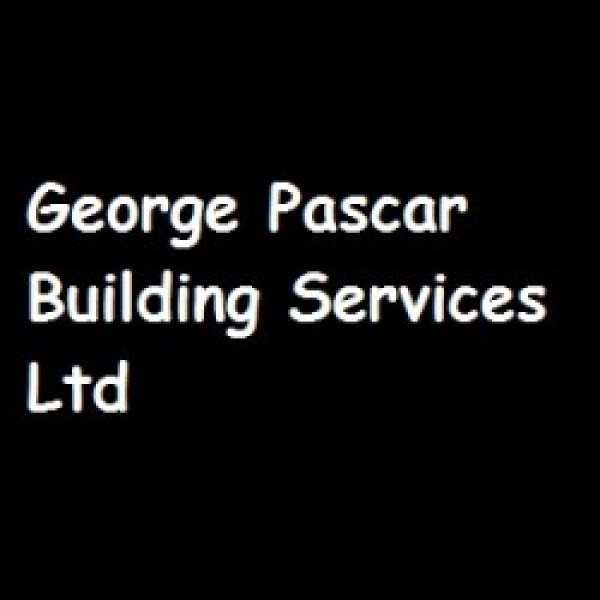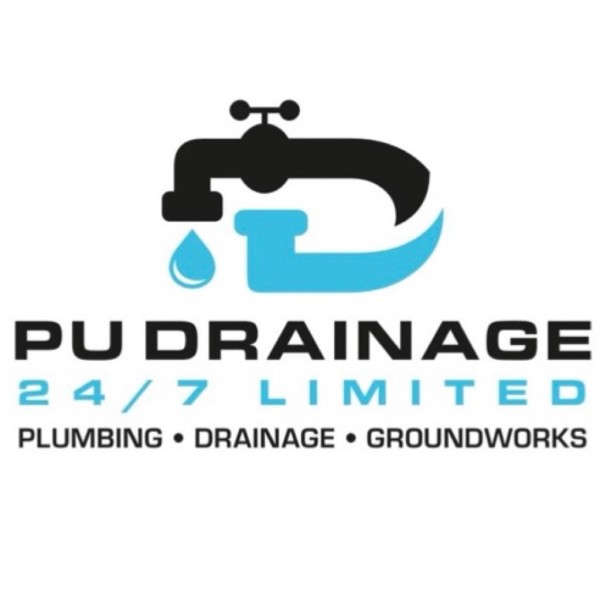Damp Proofing in Islington
Filter your search
Post your job FREE and let trades come to you
Save time by filling out our simple job post form today and your job will be sent to trades in your area so you can sit back, relax and wait for available trades to contact you.
Post your job FREESearch Damp Proofing in places nearby
Understanding Damp Proofing in Islington
Damp proofing is a crucial aspect of maintaining the structural integrity and comfort of homes, especially in areas like Islington, where the climate can be quite damp. This article delves into the various facets of damp proofing, offering insights into its importance, methods, and benefits. Whether you're a homeowner or a prospective buyer, understanding damp proofing can save you from potential headaches and costly repairs.
The Importance of Damp Proofing
In Islington, damp proofing is not just a luxury but a necessity. The region's weather conditions often lead to moisture accumulation, which can cause significant damage to buildings. Damp proofing helps prevent moisture from seeping into walls and floors, thereby protecting the structure from decay and mould growth. This not only preserves the building's aesthetic appeal but also ensures a healthy living environment.
Preventing Structural Damage
Moisture can weaken the structural components of a building, leading to issues like wood rot and corrosion of metal fixtures. Damp proofing acts as a barrier, preventing water ingress and maintaining the strength and stability of the building.
Enhancing Indoor Air Quality
Excess moisture can lead to mould and mildew, which can adversely affect indoor air quality. By implementing effective damp proofing measures, homeowners can reduce the risk of respiratory issues and allergies caused by mould spores.
Common Causes of Damp in Islington Homes
Understanding the root causes of damp is essential for effective damp proofing. In Islington, several factors contribute to damp problems in homes.
Climate and Weather Conditions
The frequent rain and high humidity levels in Islington make homes susceptible to damp. Without proper damp proofing, moisture can easily penetrate walls and floors.
Poor Ventilation
Inadequate ventilation can trap moisture inside homes, leading to condensation and damp issues. Ensuring proper airflow is a key component of damp proofing strategies.
Structural Defects
Cracks in walls, faulty plumbing, and damaged roofing can all contribute to damp problems. Regular maintenance and repairs are essential to prevent moisture ingress.
Methods of Damp Proofing
There are several methods of damp proofing, each suited to different types of damp problems. Choosing the right method is crucial for effective moisture control.
Chemical Damp Proofing
This method involves injecting a chemical solution into the walls to create a water-repellent barrier. It's effective for treating rising damp and is often used in older buildings.
Physical Damp Proofing
Physical barriers, such as damp proof membranes, are installed during construction to prevent moisture from penetrating the building. This method is commonly used in new builds.
Electro-Osmotic Damp Proofing
This innovative technique uses electrical currents to repel moisture from walls. It's a non-invasive method suitable for buildings where traditional damp proofing methods are impractical.
Benefits of Damp Proofing
Investing in damp proofing offers numerous benefits, making it a wise decision for homeowners in Islington.
Increased Property Value
A well-maintained, damp-free home is more attractive to buyers and can command a higher market price. Damp proofing is an investment that pays off in the long run.
Improved Energy Efficiency
Damp walls can lead to heat loss, increasing energy bills. Damp proofing helps maintain a consistent indoor temperature, reducing the need for excessive heating.
Enhanced Comfort and Health
A dry, mould-free home is more comfortable and healthier for its occupants. Damp proofing eliminates the musty odours and health risks associated with damp environments.
Choosing a Damp Proofing Specialist in Islington
Selecting the right professional for damp proofing is crucial to ensure the job is done correctly and efficiently.
Experience and Expertise
Look for specialists with a proven track record in damp proofing. Experienced professionals will have the knowledge and skills to tackle various damp issues effectively.
Reputation and Reviews
Check online reviews and ask for references to gauge the reputation of potential damp proofing companies. A reputable specialist will have positive feedback from satisfied clients.
Comprehensive Services
Choose a company that offers a range of damp proofing services, from initial assessments to post-treatment maintenance. This ensures all aspects of damp control are covered.
Cost Considerations for Damp Proofing
The cost of damp proofing can vary depending on several factors. Understanding these can help homeowners budget effectively for the necessary work.
Extent of Damp Damage
The severity of the damp problem will influence the cost. More extensive damage may require more intensive treatment, increasing the overall expense.
Type of Damp Proofing Method
Different methods come with varying costs. Chemical treatments may be less expensive than physical barriers, but the choice should be based on the specific needs of the property.
Size and Age of the Property
Larger or older properties may require more extensive work, impacting the cost. It's important to get a detailed quote from the specialist before proceeding.
Maintaining a Damp-Free Home
Once damp proofing is in place, ongoing maintenance is essential to keep the home dry and comfortable.
Regular Inspections
Conduct regular checks for signs of damp, such as peeling paint or musty odours. Early detection can prevent minor issues from becoming major problems.
Proper Ventilation
Ensure adequate ventilation in all areas of the home, particularly in kitchens and bathrooms where moisture levels are higher. Use extractor fans and open windows regularly.
Prompt Repairs
Address any structural issues, such as leaks or cracks, promptly to prevent moisture ingress. Regular maintenance can extend the life of damp proofing measures.
Frequently Asked Questions
What is the most common type of damp in Islington homes?
Rising damp is quite common in Islington due to the area's older buildings and high water table. It occurs when moisture from the ground rises through the walls.
How long does damp proofing last?
The longevity of damp proofing depends on the method used and the quality of installation. Chemical treatments can last 20-30 years, while physical barriers may last longer.
Can I do damp proofing myself?
While some minor damp issues can be addressed with DIY methods, professional damp proofing is recommended for more severe problems to ensure effective treatment.
Is damp proofing covered by home insurance?
Most home insurance policies do not cover damp proofing as it's considered a maintenance issue. It's important to check your policy details for specific coverage information.
How can I tell if my home needs damp proofing?
Signs of damp include peeling wallpaper, mould growth, and a musty smell. If you notice these, it's advisable to consult a damp proofing specialist for an assessment.
What is the difference between damp proofing and waterproofing?
Damp proofing prevents moisture from entering a building, while waterproofing is a more comprehensive solution that protects against water ingress from all sources, including flooding.
In conclusion, damp proofing in Islington is an essential measure for protecting homes from the adverse effects of moisture. By understanding the causes, methods, and benefits of damp proofing, homeowners can make informed decisions to maintain their property's value and ensure a healthy living environment. With the right approach and professional guidance, keeping your home damp-free is a manageable and worthwhile endeavour.







